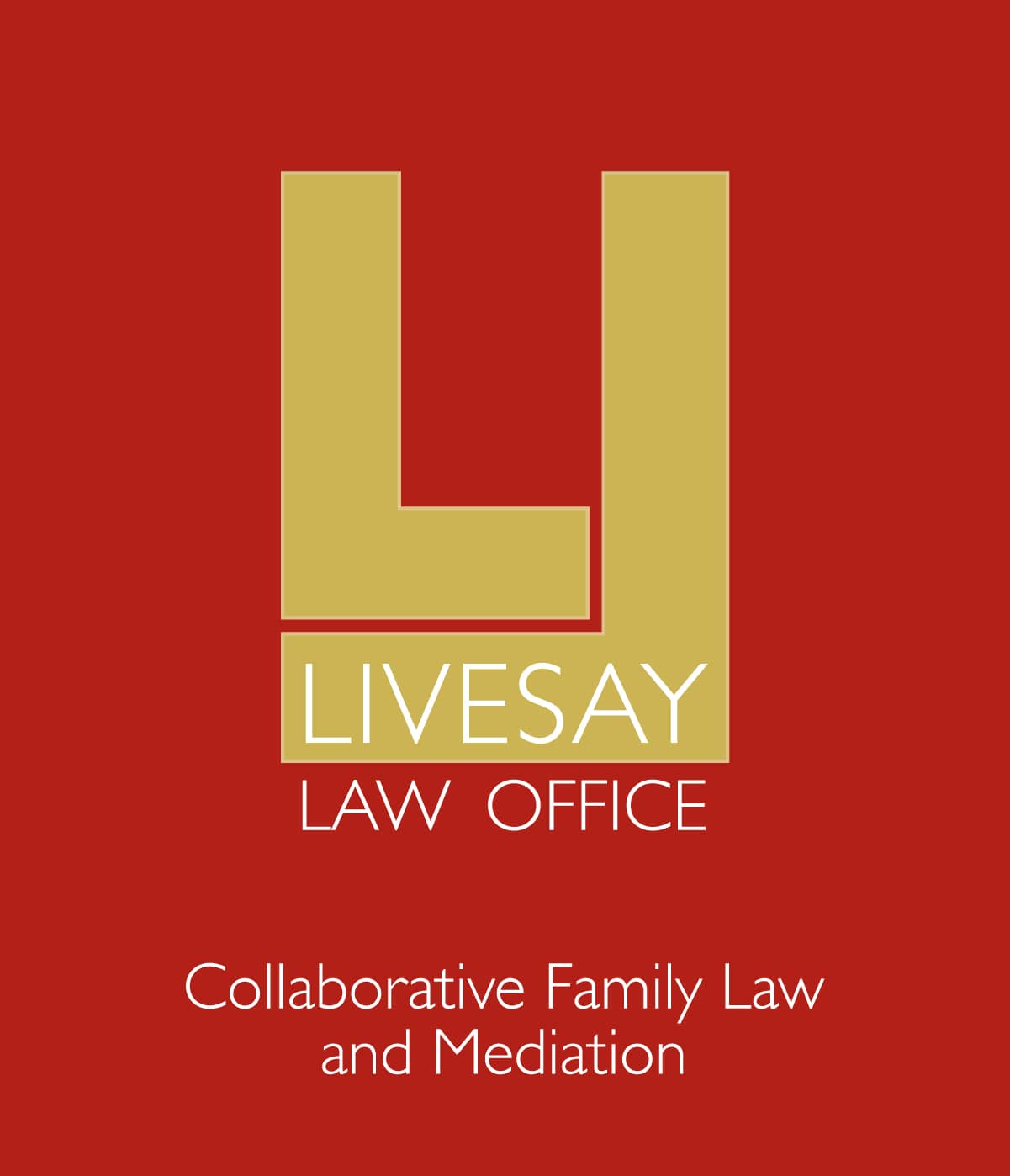Menu
Frequently Asked Questions
How long can a Collaborative divorce take?
Collaborative Divorce is a flexible process with a timeline based primarily on the needs of the clients. Of course, some factors are outside of the control of the professionals involved, such as the time required for a home appraisal, business valuation, or particular education or vocational needs. The process takes longer with more complicated cases.
It's natural to want a predictable timeline in this time of change and stress. Know that Collaborative Practice recognizes the value in going slowly enough to make sure the needed details and emotional concerns are addressed, but quickly enough to keep both members of a couple feeling like progress is being made. Louise may be able to give you a rough estimate based on your particular situation; however, much depends on the clients.
How much does Collaborative divorce cost in Minnesota?
The cost of a Collaborative divorce is difficult to estimate, but a couple who chooses the Collaborative process is likely to pay less for their divorce than had they chosen to go the traditional court process. This is because the discovery process in a litigated divorce is time-consuming and therefore very expensive, as are the multiple court hearings for which the attorneys must prepare and then attend.
Although Collaborative divorce uses more professionals, they work very efficiently in resolving the case, focus on joint problem solving and encourage couples to work together however they can while knowing when they need help. The degree of conflict, complexity of issues and assets and ability to have flexible thinking are key indicators of cost.
How do we decide which professionals we should work with?
The process of your divorce will lay the foundation for the new relationship you are creating with your partner – moving from marriage into something new and different. It is wise to do your homework to make sure the attorney you have representing you and the team you have supporting you understand your needs and interests.
You can research attorneys at the website of the Collaborative Law Institute of Minnesota. You and your spouse can also meet with Louise if you are both interested in Collaborative Practice and want to learn more about the process; she can recommend another attorney with whom to work, as well as other professionals. The trust between team members that know one another can be an asset in the process.
How do I get my spouse to agree to a Collaborative divorce process?
Meeting with a divorce attorney together with your spouse may seem counter-intuitive but in Collaborative we have found doing so really sets the tone for the rest of the process. Meeting with an attorney together to learn about your process options can help inform your spouse of all the divorce options available to the two of you and help you make a mutually informed decision about how you will divorce before getting into substantive matters and pre-maturely advising you of outcomes. It can also help him or her feel as if the process would be a safe one, since you are starting it together and learning the same information at the same time. Additionally, you can both research Collaborative divorce at CollaborativeLaw.org or CollaborativePractice.com
If my spouse has already filed divorce papers with the courts, can we still use the Collaborative process?
Yes! Collaborative attorneys can work with the courts to stop the court process and start the Collaborative process. Both members of a couple must agree on using the Collaborative process, however, for that to happen. The case would be put on inactive status, the couple would begin the Collaborative process and then submit signed papers to court at the end, with no appearance in court necessary. And just because you retained an attorney doesn’t mean you have to stay with them if they do not meet your needs. Not all attorneys practice the Collaborative model, just like not all attorneys do mediation. Collaborative attorneys pay attention to your family system and use different skill sets than court-based attorneys.





